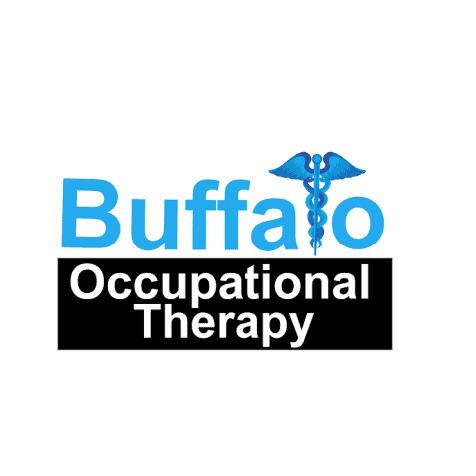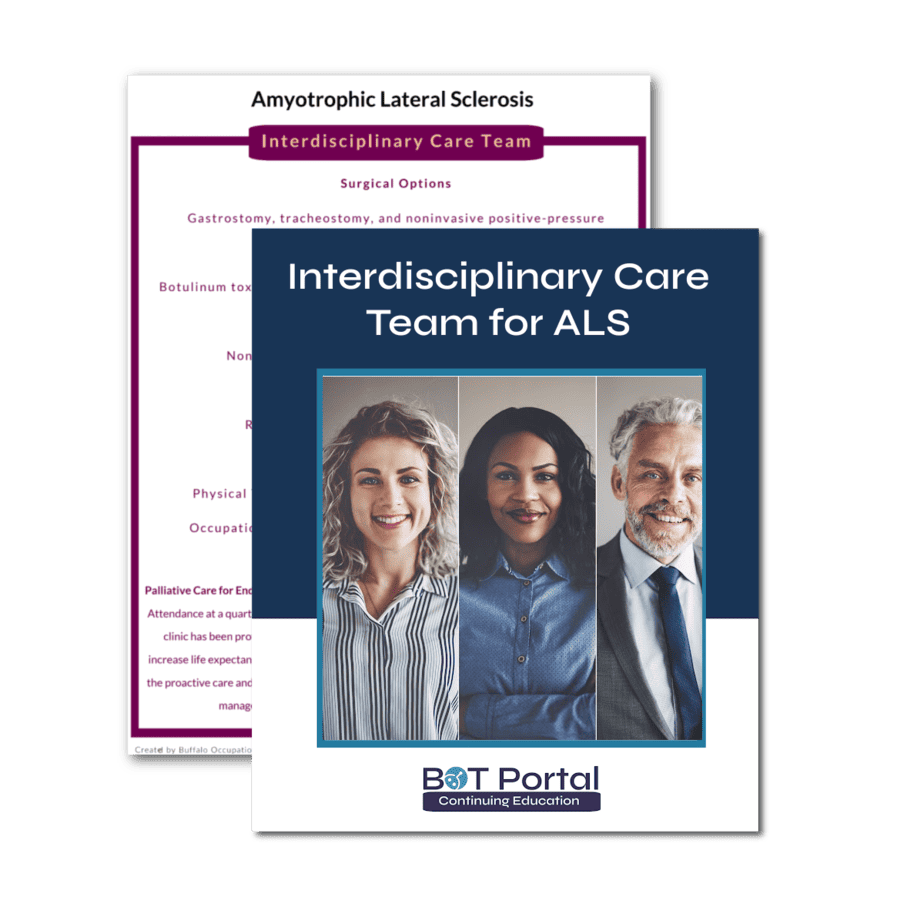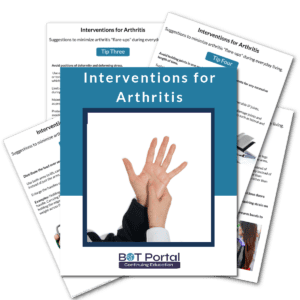Description
ALS Amyotrophic Lateral Sclerosis Interdisciplinary Team
Our single-page resource on the interdisciplinary care team for amyotrophic lateral sclerosis (ALS) provides a comprehensive overview of the crucial healthcare providers involved in managing this progressive neurodegenerative disease. ALS, also known as Lou Gehrig’s disease, affects nerve cells in the brain and spinal cord, leading to muscle weakness, paralysis, and respiratory failure.
An interdisciplinary approach is essential for addressing the diverse needs of individuals with ALS and optimizing their quality of life. Here is a simple list of healthcare providers commonly involved in the ALS care team:
1. Neurologist: A neurologist specializes in diagnosing and treating disorders of the nervous system, including ALS. They play a central role in diagnosing ALS, monitoring disease progression, and managing symptoms.
2. Occupational Therapist (OT): Occupational therapists focus on maximizing independence and quality of life for individuals with ALS. They assess functional abilities, provide adaptive equipment, and recommend strategies to help individuals maintain their ability to perform activities of daily living.
3. Physical Therapist (PT): Physical therapists specialize in improving mobility, strength, and coordination. They develop customized exercise programs and provide hands-on therapy to address muscle weakness and prevent secondary complications such as contractures and falls.
4. Speech-Language Pathologist (SLP): Speech-language pathologists evaluate and treat communication and swallowing difficulties in individuals with ALS. They may recommend communication devices, assistive technology, and swallowing techniques to help individuals maintain their ability to communicate and eat safely.
5. Respiratory Therapist: Respiratory therapists specialize in assessing and treating respiratory problems. They play a crucial role in managing breathing difficulties and may provide respiratory support such as non-invasive ventilation or assistive coughing techniques.
6. Social Worker: Social workers provide emotional support, counseling, and assistance with accessing community resources for individuals and families affected by ALS. They help navigate the healthcare system, coordinate care, and address psychosocial needs.
7. Palliative Care Specialist: Palliative care specialists focus on relieving symptoms, managing pain, and improving quality of life for individuals with serious illnesses like ALS. They work closely with the interdisciplinary team to provide holistic care and support for individuals and families throughout the disease trajectory.
By collaborating with these healthcare providers, occupational therapy practitioners can deliver comprehensive and patient-centered care to individuals with ALS, addressing their unique needs and enhancing their overall well-being. Through coordinated efforts and evidence-based interventions, the interdisciplinary care team plays a vital role in supporting individuals and families affected by ALS on their journey.
Some other helpful links:
Check out BOT Portal: Resource Site for Occupational Therapy Students and Practitioners




